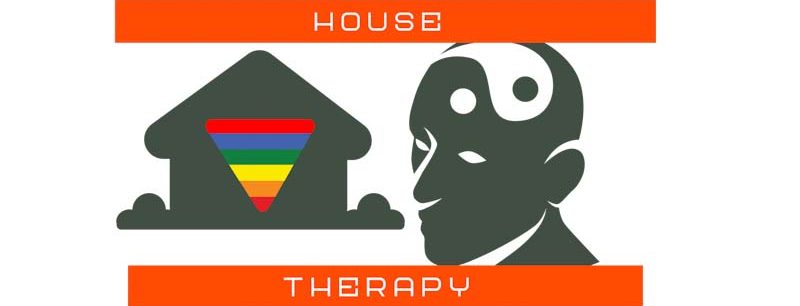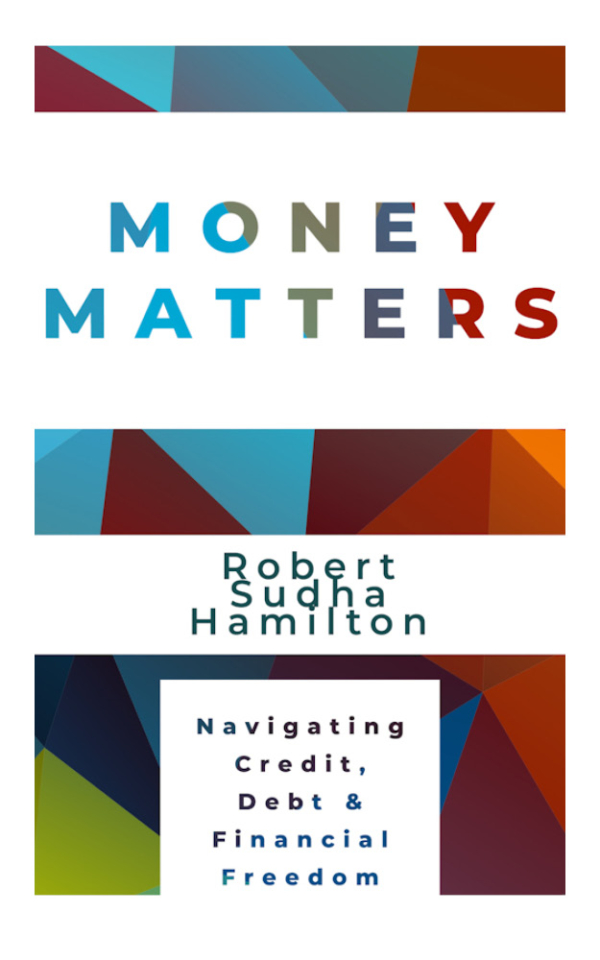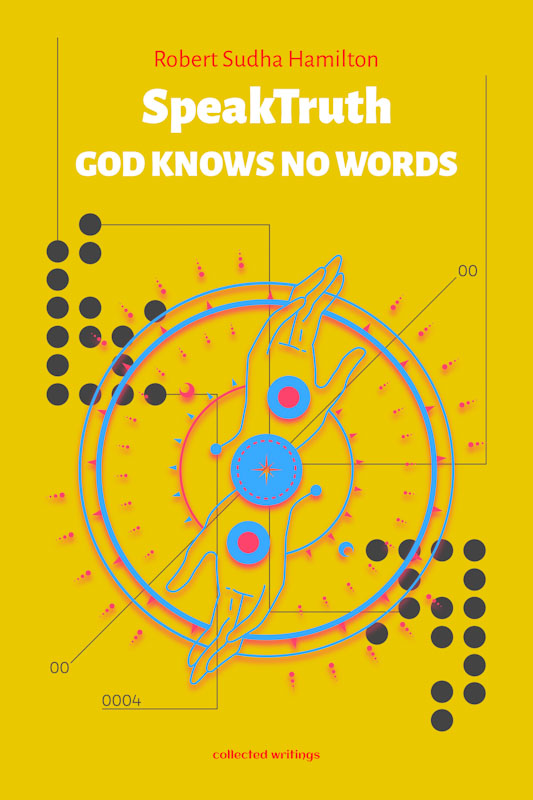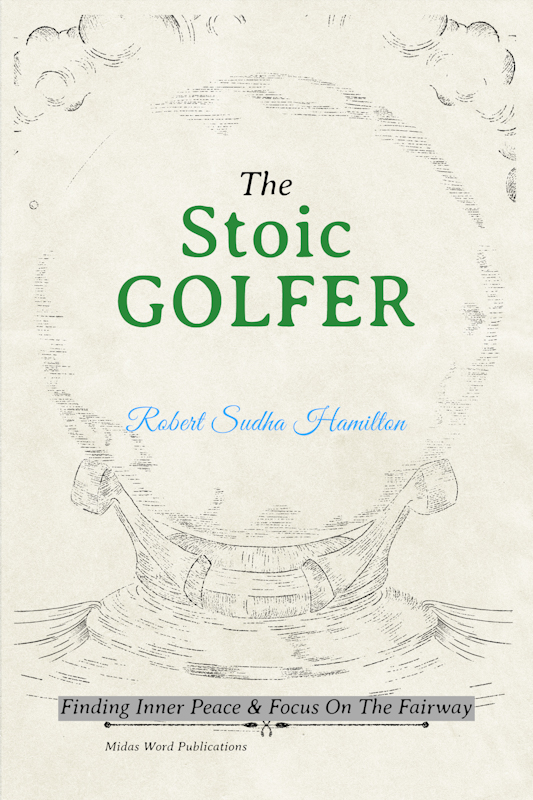High Inflation in the Australia economy has been generated by corporations increasing their prices to benefit from the extra liquidity pumped into the economy during the pandemic via government welfare payments and recouping any losses from higher costs of production and distribution. This creates a chain reaction with companies chasing their tails in terms of maintaining their profitability. The international energy markets likewise skyrocketed following Russia’s invasion of Ukraine. The central banks around the globe, like the RBA here in Australia, never criticise this market led process but reserve their ire for rising wages in their battle against inflation. Bankers always back business at the expense of workers, despite the fact that workers’ wages fall further behind in relation to the rising CPI. This is the world we live in, with fixed economic prejudices baked into the fabric of the system.
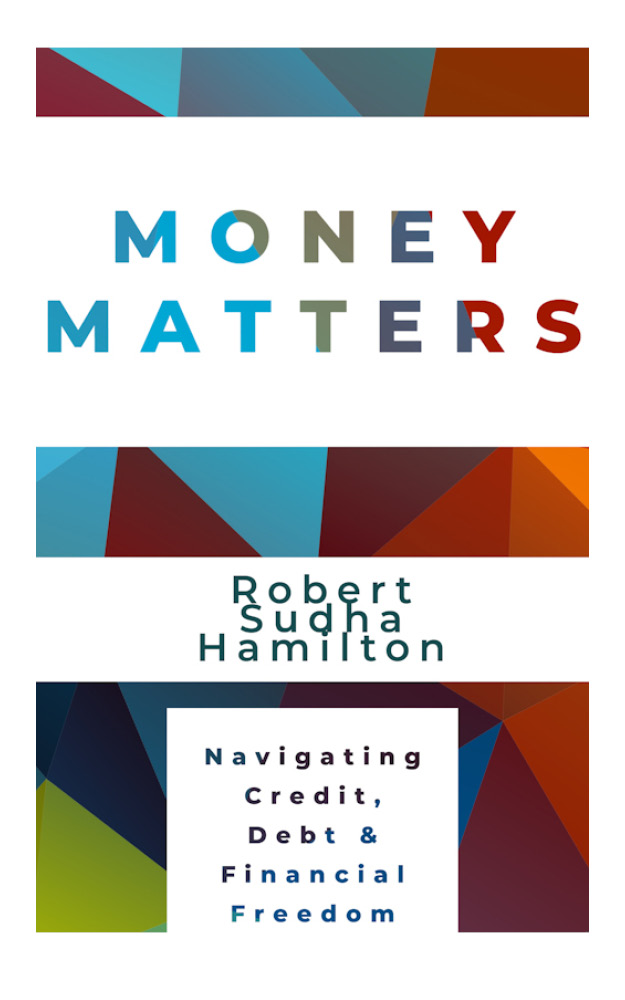
Central Banks Reserve Their High Inflation Warnings For Wage Rises
The accepted economic reality adhered to by governments and institutions happily sees those at the bottom of the wealth pyramid take the lion’s share of suffering during the corrective periods. Central banks dampen demand by raising interest rates on the cash rate, which has a flow-on effect throughout the economy. Rents in Australia have skyrocketed from a shortage of supply exacerbated by high inflationary pressures and steeply rising interest rates

Skyrocketing Rents In Australia & High Inflation
“CoreLogic’s latest monthly chart pack shows that “annual growth in rent values has re-accelerated” with rents nationally up “10.2% in the 12 months to December, a new record high”, driven in part by “growth in unit rents across Sydney, Melbourne and Brisbane, where rents have increased around 14-16% annually” ”
Of course, the inflation in property prices in Australia over the last 30 years is at something like 322%. This was always going to come home to roost in terms of much higher rental rates around the nation – it was only a matter of time and the right set of circumstances. You cannot have people paying exorbitant prices for housing and it not impacting on the rents being charged around the country.
We now have a situation where a third of Australians cannot afford to live in the cities where they reside, with a great chunk of their income going to pay the rent. The monthly inflation rate in Australia, as of April 2023 is at 6.8% according to figures provided by the RBA. (https://www.rba.gov.au/inflation/measures-cpi.html)
“Around one-third of all Australian households rent. Renter households tend to be younger, have lower incomes and less wealth than owner-occupiers. Renter households are also more likely than mortgagors to experience financial stress, although the incidence of financial stress among renter households has declined over the past decade. The rental market is tight and rents have increased more strongly of late, compared with the modest increases in average rents over the 2010s. For some renters, strong growth in incomes will have helped limit the deterioration in housing affordability, although there will be others who will struggle to afford the rent increases. This suggests that affordability will have worsened for some renters, and, in combination with other rising cost-of-living pressures, this is likely to be contributing to financial stress.”
- (Nalini Agarwal, Robert Gao and Megan Garner, RBA Bulletin, 16 March 2023)
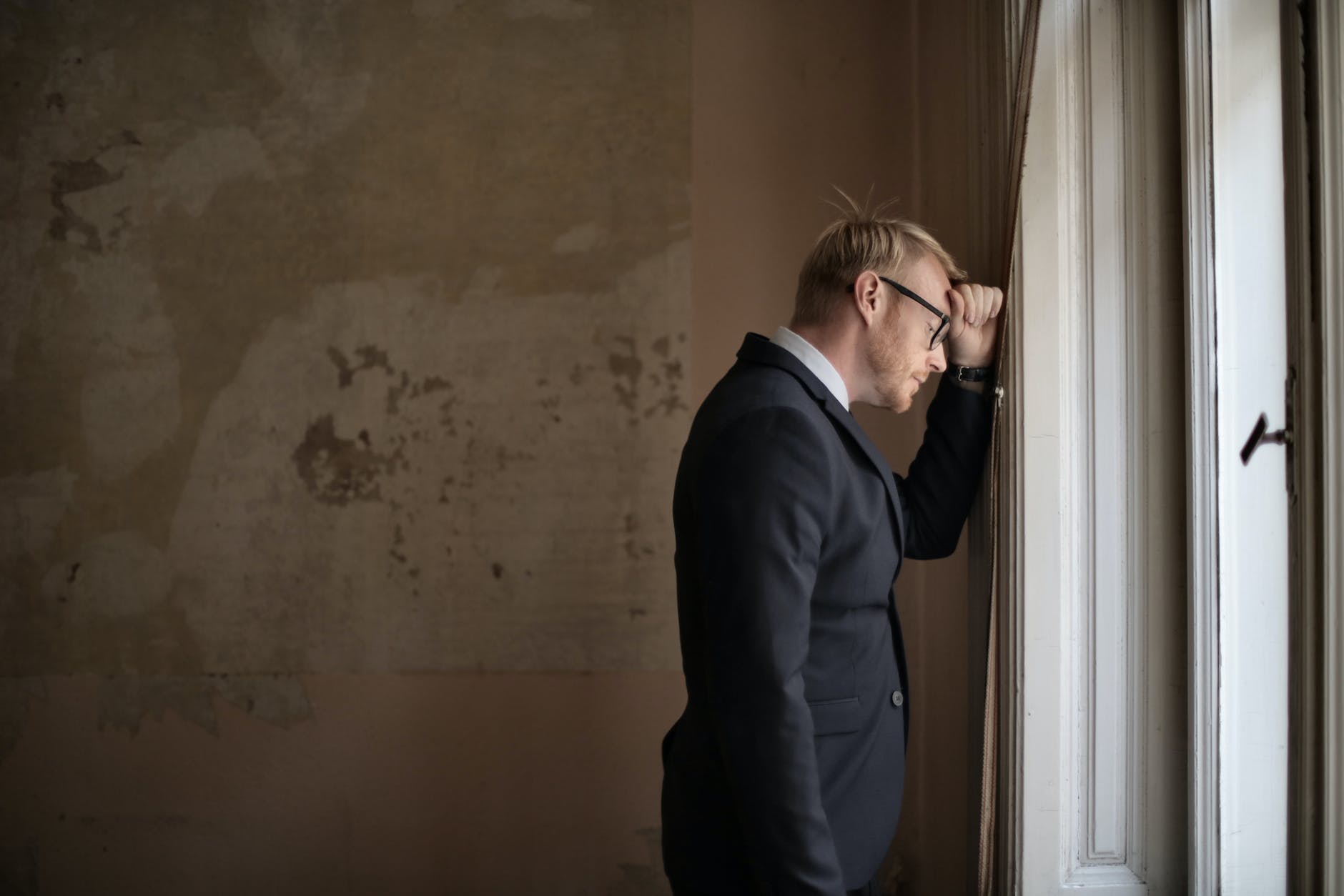
The RBA is predicting sticky inflation at well above their target rate of 2-3% for another 18 months to 2 years. This is why they are steeply raising interest rates to dampen demand. A recession is on the cards for Australia but the government is brining in a 1 000 migrants per day. Increasing the population is a way of maintaining economic growth and productivity via the new arrivals in the mix. Of course, the fact that there is a shortage of rental stocks means the situation is being greatly exacerbated by this influx of migration. Welcome to Australia in 2023.
High inflation in the Australian economy is here to stay for some time and the working poor will be copping it in the neck. The Albanese Labor government is between a rock and a hard place if it continues to listen to traditionalists in the economic field. Philip Lowe is no radical when it comes to economic thinking and his tenure is up in September 2023 – perhaps, it is a good opportunity for some fresh thinking on this score. The Treasury review recently completed has recommended a secondary board full of economists to oversee monetary policy. It will be interesting to see if Albanese and Chalmers farewell Lowe and usher in a new broom at the RBA. The wheels turn very slowly when adjusting the economy via monetary policy alone. Could we see a new mix of fiscal policies from government to work alongside monetary policy in a bid to accelerate corrective processes aimed at reducing inflation?
In the meantime, something seriously expedient has to be done about the rental crisis imploding around the nation right now. There are people living in tents on public reserves and parklands around capital cities. The damage to their economic futures and wellbeing could see real societal upheaval if things are not done to alleviate the stress. Normally lackadaisical Aussies may be forced to take up cudgels and a crimewave may be unleashed on the nation.
The ATO reports on 66 Australians earning on average $14 million who paid no tax in 2020/21 thanks to their accountants and trust set ups.
“The Australia Institute’s senior economist Matt Grudnoff said those people spent an average of $219,000 to manage their tax affairs — meaning they were able to claim the money to offset the use of a tax agent.
“Tax is the price we pay for living in a civilised society and everyone should pay their fair share. Being able to afford expensive accountants should not be a way out of paying tax,” he said.
“This is not only unfair but makes Australia less equitable because only the wealthy can afford to hire to get around paying tax.” “
Accountants are trained to minimise tax for their clients wherever possible. In Sweden, the taxation paid by individuals and corporations are published so that the people can see who is contributing to the maintenance of roads, education, health, and defence for all via their taxes and who is not. Name and shame those who are not contributing in Australia too. Kerry Packer made it cool to buck the tax system, slag off government, and hold onto obscene amounts of wealth. It is time to reverse that trend.
Tax avoidance or minimisation has become an accepted thing and legions of accountants, like those who work at PwC, are applying their financial skills to making it so. Corporations and rich individuals are not pulling their weight when it comes to contributing their fair share of tax. How can someone earning $14 million pay no tax and it be an acceptable thing?
Robert Sudha Hamilton is the author of Money Matters: Navigating Credit, Debt & Financial Freedom
©House Therapy
-
A Guide To Healing & Wellbeing PDF version
Original price was: $10.99.$8.99Current price is: $8.99. -
Money Matters: Navigating Credit, Debt & Financial Freedom PDF format
Original price was: $14.99.$11.99Current price is: $11.99. -
Money Matters: Navigating Credit, Debt & Financial Freedom MOBI format
Original price was: $14.99.$11.99Current price is: $11.99. -
SpeakTruth: God Knows No Words EPUB
Original price was: $10.99.$8.99Current price is: $8.99. -
The Golf Book: Green Cathedral Dreams PDF
Original price was: $10.99.$7.99Current price is: $7.99. -
The Stoic Golfer: Finding Inner Peace & Focus On The Fairway MOBI
Original price was: $10.99.$9.99Current price is: $9.99. -
The Stoic Golfer: Finding Inner Peace & Focus On The Fairway EPUB
Original price was: $11.99.$9.99Current price is: $9.99. -
The Stoic Golfer: Finding Inner Peace & Focus on the Fairway PDF
Original price was: $10.99.$9.99Current price is: $9.99. -
The Golf Book: Green Cathedral Dreams EPUB
Original price was: $10.99.$7.99Current price is: $7.99.
